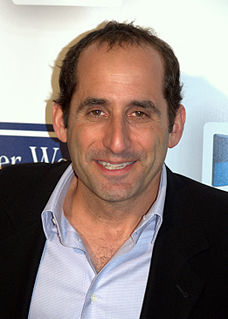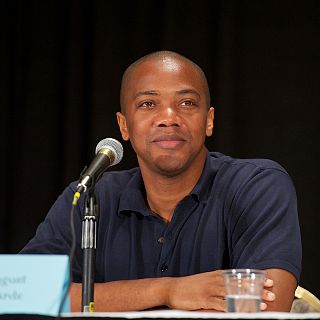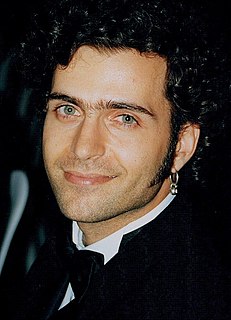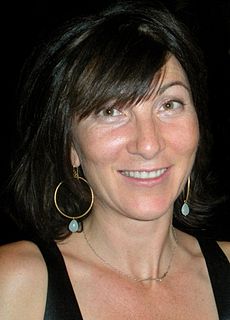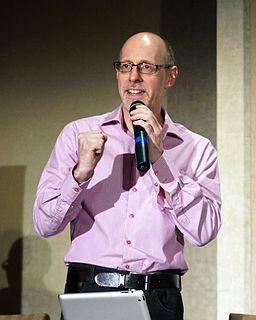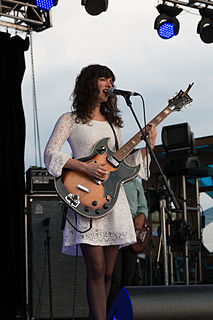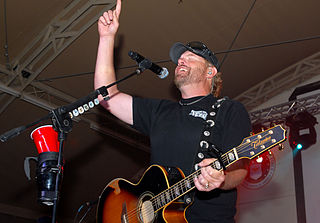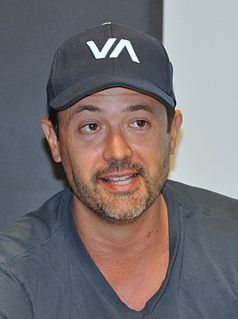A Quote by Peter Jacobson
I don't usually get to play somebody who is, at least, nominally in charge. I'm usually playing somebody's lawyer or a doctor.
Related Quotes
I can't tell you how many times I get into a taxicab in New York or Los Angeles, and I'm talking to somebody who is a recent immigrant who was a doctor or lawyer or engineer or professor in the country they just came from. They're starting over again in life, and I think the majority of people out there can relate to that.
The whole point of getting control of health is to regulate everybody's life and look at how they decide now whether somebody should get treated or not: age, how sick are you, how much it's going to cost to invest in your recovery and are you going to recover. And when the government is in charge of making those decisions and not you and your doctor.
In the years that I've seen concerts, when I've paid to see somebody I want to see, there would be a certain amount of songs I'd want to hear. So whether it's stuff I want to play every night or not - or stuff I've been playing for years or stuff you get tired of playing - you have to play what people pay for and make it fair for them.
